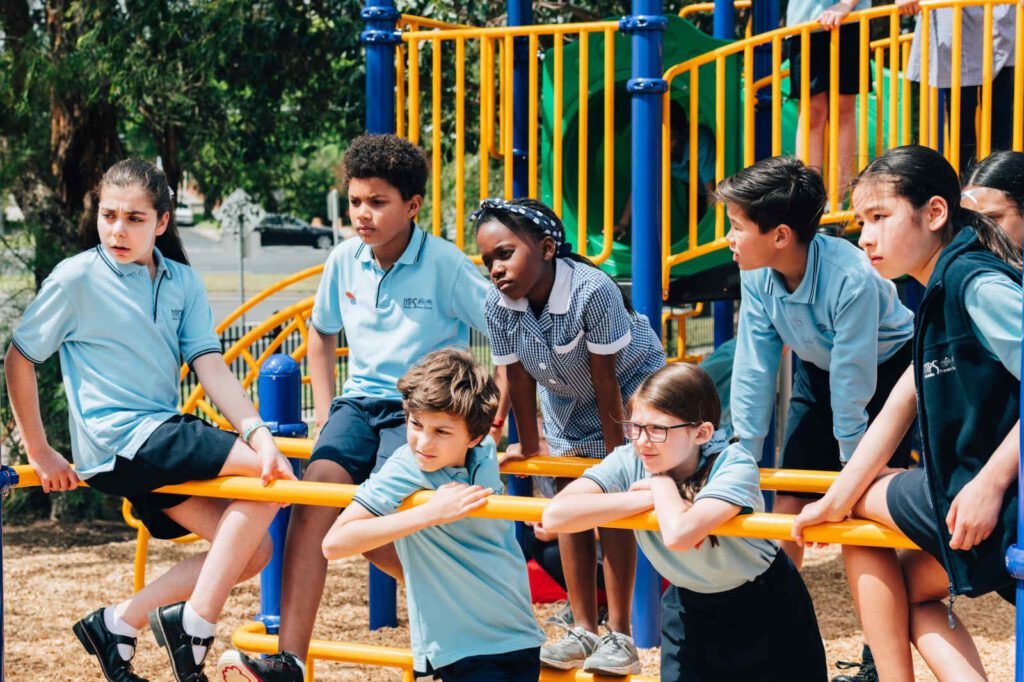
3 Ways to Fortify Your Child Against Peer Pressure
You want your kids to have the best possible childhood. While you can love on them inside of your home, you can’t control what happens once they’ve left the house. Peer pressure — or rather the influence of someone over someone else — can negatively affect your child’s development. It can lead to feelings of depression and isolation. It can also have effects beyond their childhood years, manifesting into adulthood.
The kind of peer pressure your child faces varies based on age. Younger kids may be pressured to push another kid or take someone’s lunch money. Older kids and teens may be pressured into gossiping and copying others behaviors like smoking or drinking. It takes a team to fortify your child against peer pressure — everyone from parents to family friends to siblings. Below are three ways to help protect your child from negative influences.

1. Encourage an Open Dialogue
When kids are little, they are an open book. They love to tell you about their days in vivid, extravagant detail. But as any parent of a teen knows, these long conversations quickly turn to one-word replies. Getting any details about what’s going on at school is like pulling teeth. However, one way to help your child deal and handle peer pressure is to stimulate open conversations.
While you may not be able to get your child to talk, you can encourage them. Try asking them about their day in different ways. Let them speak, instead of giving your opinion outright. Only provide your point of view if they ask for it. The more you do so, the more likely they will start coming to you when they need to chat.
Another way to encourage an open dialogue early is to give your child a phone for kids. These phones are stripped of the bells and whistles of regular phones. It’s simply a phone for calls and texts with GPS location services built in. Giving your child this phone allows them to contact you when they are outside of the house. This device can further facilitate an open dialogue no matter what situation your child finds themselves in.

2. Establish Good Boundary Setting
As adults, you know that saying “no” can be hard but is necessary at times. You may feel overworked, burned out, and too tired to have dinner with your friends. You may not want to drive three hours to visit your family for a weekend. Or you may not have the bandwidth to take on another project at work.
Establishing good boundary setting early on is one of the most important values to pass on to your children. It can be critical in situations where your child doesn’t feel comfortable or is being bullied by a classmate or peer. It is a skill that can be used when you aren’t present and they need to speak up for themselves.
Role playing is a great way to teach boundary setting. Paint a scenario and ask your child what doesn’t feel right about it. Ask what they would like to change or how they would respond. Remind them that “no” means “no,” and nobody should break that boundary. This teaching can be varied based on your child’s age and maturity level.

3. Boost Your Child’s Confidence
Lastly, boosting your child’s confidence and self-esteem can do wonders for their development. Not to mention, it can help when peer pressure comes into play. Being a good role model is one of the easiest ways to demonstrate confidence. Be mindful of what you say aloud when your kids are around. They remember everything, including every comment you make about your body and appearance!
Another way to boost their confidence is to give them agency over certain tasks. For younger kids, this may mean cleaning up their room or putting their dirty clothes in the laundry basket. Older children may be able to help get dinner on the table or take out the trash. Whatever the task, thank them each time, and let them know how helpful it is. Don’t reprimand them for how they do it, as long as it is done!
Focusing on your child’s strengths at home can help thicken their skin when they are faced with peer pressure. Strong self-esteem means your kids feel OK pushing back when their peers are bullying them or others. It also means they know how to respond to situations that don’t feel right. Boosting your child’s confidence takes some time, but it’s well worth the effort when you see them mature into a positive, unwavering adult.
Takeaways
Peer pressure is part of growing up. No matter how much they talk to you, how many boundaries they set, or how confident they feel, peer pressure will happen. It is part of life, but it doesn’t need to consume your child’s life.
Speak with your child’s teachers and even parents of classmates if your child is being pressured. Tell them that your child is hurt and ask how you all can approach the situation together. While you don’t always want to get involved, it may be necessary at times. Of course, professional help is available if your child is being constantly bullied. Getting your child the help they need will last way beyond a playground scuffle.







